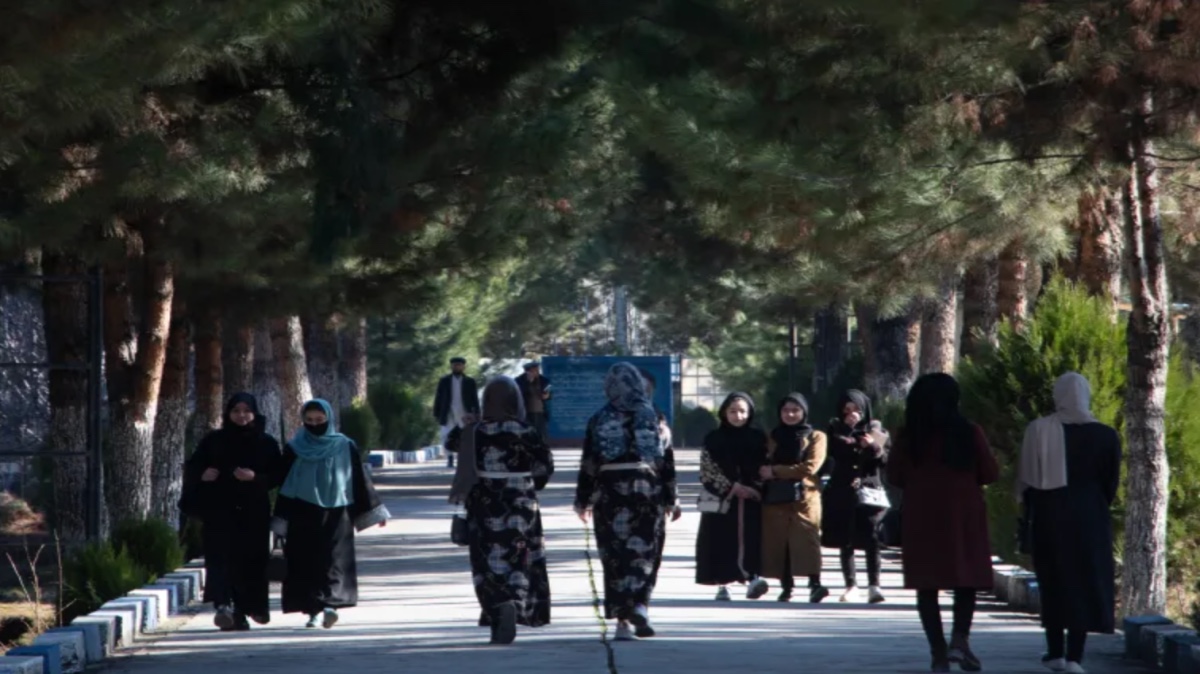Dhaka Alters Law to Reflect Public Fury at 1971 Atrocity
Dhaka, Feb. 17 (Agencies): The Bangladesh parliament recently amended a law that effectively allows the state to seek the death penalty for a 1971 war crimes convict and defuse a popular uprising ignited by lenient punishment and the murder of a blogger.
Some analysts felt that the amendment could also be used for outlawing the Jamaat-e-Islami, Bangladesh’s largest Islamic party.
Reminiscent of the Delhi protests against the gang rape, tens of thousands of demonstrators have been jamming the central Shahbag Square in Dhaka for the past 13 days.
They were seeking the death sentence after a tribunal sentenced prominent Islamist Abdul Quader Mollah to life in prison in connection with the 1971 war of independence from Pakistan.
The life sentence had stunned many Bangladeshis who were expecting the death penalty as Mollah, assistant secretary-general of the Jamaat-e-Islami, was convicted for murder, rape and torture.
Jamaat, a key ally of the main Opposition party led by Khaleda Zia, had campaigned against Bangladesh’s war of separation from Pakistan, but it denies committing atrocities.
Amid the popular upsurge, an anti-Islamist blogger was killed on Friday.
The protesters burst into cheers amid driving rain as parliament today approved the amendments to a 1973 law.
The amendments do not mention the specific case but empowers the state to appeal any verdict in war crimes trials it deems inadequate and out of step with public opinion.
Before the amendments were incorporated, only a defendant could appeal against a sentence. State prosecutors were not empowered to call for a retrial except in the case of acquittals.
The amendment will “empower the tribunals to try and punish any organisation, including the Jamaat, for committing crimes during country’s liberation war in 1971â€, law minister Shafique Ahmed said.
In a coincidence, Indian foreign minister Salman Khurshid was in Dhaka today. Khurshid expressed the hope that the Teesta river water issue could be resolved by September when Prime Minister Sheikh Hasina is scheduled to visit India. Bengal chief minister Mamata Banerjee is opposed to the treaty in its current form.
Lawyers said the Dhaka amendment sets a timetable for the government to appeal against Mollah’s sentence and secure a retrial.
The Opposition benches were empty as the Bangladesh Nationalist Party of former Prime Minister Khaleda Zia and its allies have been boycotting sessions almost since her arch rival, Sheikh Hasina, leader of the Awami League, took office in 2009.
In its first verdict last month, the tribunal sentenced a former Jamaat leader, Abul Kamal Azad, to death in absentia for murder and torture.
Eight other Jamaat leaders, including its current and former chiefs, are being tried for war crimes during the 1971 conflict. Three million people were killed and thousands of women raped.
The government is facing growing pressure from the protesters to ban Jamaat and groups linked to it. Law minister Ahmed said the government was considering such a ban.
Jamaat activists have called a countrywide strike on Monday but many shopkeepers have pledged to resist any attempt to enforce a shutdown.
New York-based Human Rights Watch has criticised the amendments, saying passing retroactive laws to overturn unpopular verdicts violates the country’s commitment to protect the rights of defendants.
15-9













2013
867 views
views
0
comments